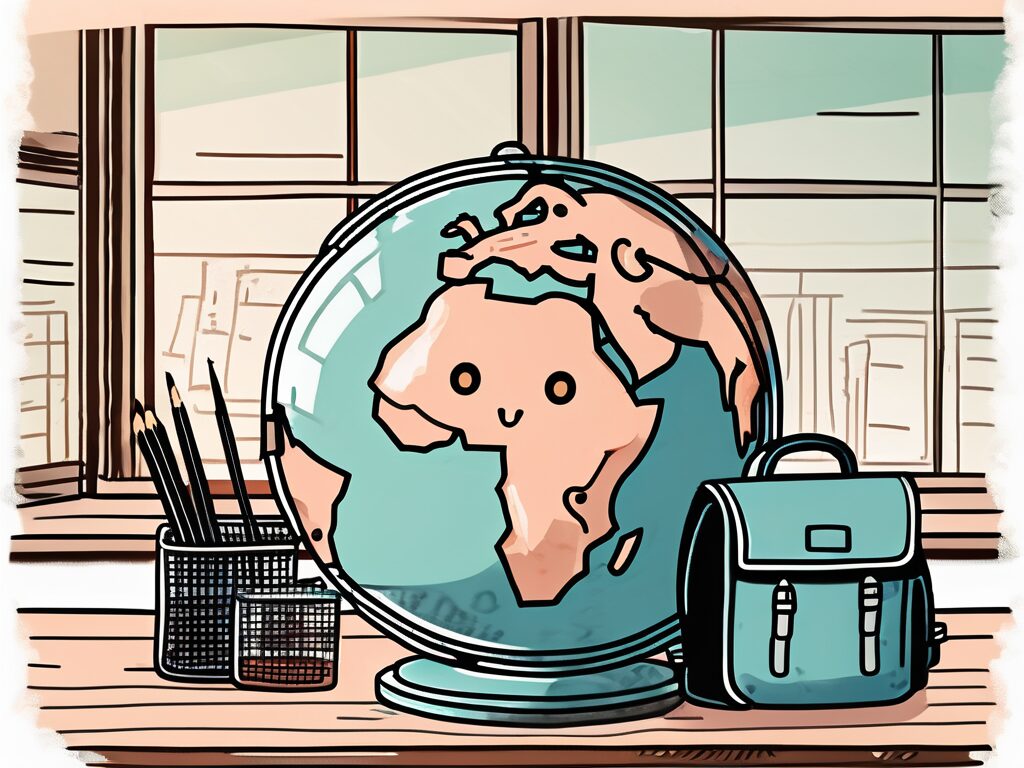Embarking on a journey to teach internationally is an exciting venture, filled with opportunities for personal growth and cultural exploration. One such destination that has become increasingly popular among educators is Cambodia. Known for its rich history, vibrant culture, and friendly locals, it’s no wonder that many are drawn to the prospect of teaching in this Southeast Asian gem. However, like any international endeavour, it comes with its own set of financial considerations. This guide aims to help you navigate the financial landscape of teaching in Cambodia, offering tips and strategies to save money without compromising on the quality of your experience.
Understanding the Cost of Living in Cambodia
The Basics
The cost of living in Cambodia is relatively low compared to many Western countries. This is good news for teachers who are looking to stretch their earnings. However, it’s important to understand what ‘low cost of living’ entails. It refers to the general expenses such as rent, food, transportation, and utilities. For instance, a meal at a local restaurant can cost as little as £2, while a monthly pass for public transportation is around £10. Rent for a one-bedroom apartment in the city centre can range from £150 to £300 per month, depending on the city and the specific location.
However, it’s worth noting that while these prices may seem attractive, wages in Cambodia are also generally lower. As a teacher, your salary will likely be higher than the local average, but it may not match what you’d earn in your home country. Therefore, it’s crucial to balance your income with your expenses to ensure you’re saving money effectively.
Healthcare
Healthcare in Cambodia can be a mixed bag. Public healthcare facilities are generally not up to Western standards, and private healthcare can be expensive. It’s recommended to have comprehensive health insurance that covers medical evacuation, in case of serious illness or injury. This is an expense that you should factor into your budget, as it’s not something you can afford to skimp on.
On a positive note, the cost of over-the-counter medication and routine doctor visits is relatively low in Cambodia. For example, a visit to a general practitioner can cost as little as £10. This can help offset the cost of more expensive health insurance.
Strategies for Saving Money
Accommodation
One of the biggest expenses you’ll face while teaching in Cambodia is accommodation. However, there are ways to save money in this area. One option is to share a flat with other teachers or expats. This can significantly reduce your rent and utility costs. Alternatively, consider living a bit further from the city centre where rents are generally cheaper. Many teachers find that the money saved is worth the extra commute.
Another strategy is to negotiate your rent. In Cambodia, it’s common for landlords to be open to negotiation, especially if you’re planning to stay long term. Don’t be afraid to haggle a bit to get a better deal.
Food and Drink
Eating and drinking can be incredibly cheap in Cambodia, especially if you embrace local cuisine. Street food and local markets offer a wide variety of delicious and affordable options. A bowl of noodles or rice with meat can cost as little as £1. On the other hand, Western food tends to be more expensive, so limiting your consumption can save you a significant amount of money.
Drinking local beer or spirits instead of imported ones can also help you save. Cambodia has a range of local beers that are both tasty and affordable. A pint can cost as little as £0.50 in a local pub.
Transportation
Public transportation in Cambodia is affordable and efficient. Buses and tuk-tuks are common modes of transport and are much cheaper than taxis. If you’re living in a city like Phnom Penh, you can also consider cycling or walking to work to save on transport costs.
If you’re planning to travel around the country during holidays, consider using buses or trains instead of flights. While travelling by land may take longer, it’s a great way to see the country and save money at the same time.
Additional Tips
Teaching Materials
As a teacher, you may need to invest in teaching materials. While some schools provide these, others may not. In such cases, consider sharing resources with other teachers or using online resources. There are numerous free or low-cost educational resources available online that can help you save money.
Entertainment
Entertainment doesn’t have to be expensive in Cambodia. There are plenty of free or low-cost activities to enjoy, such as visiting local markets, exploring temples, or enjoying the country’s beautiful natural landscapes. Additionally, many museums and attractions offer discounted rates for teachers, so be sure to take advantage of these.
In conclusion, while teaching in Cambodia comes with its own set of financial considerations, it’s entirely possible to live comfortably and save money with careful planning and smart choices. By understanding the cost of living and employing effective money-saving strategies, you can make the most of your teaching experience in this vibrant and culturally rich country.
Enhance Your International Teaching Career with IPGCE
As you explore the enriching world of teaching in Cambodia and implement strategies to save money, consider taking your professional development to the next level with IPGCE. Our International Postgraduate Certificate in Education is designed to overcome the barriers of stringent qualification requirements, offering a pathway to increased interview callbacks, promotion rates, and salary growth. By joining our global network, you’ll reduce feelings of professional isolation and gain a deeper understanding of international curricula, making you 65% more adaptable in diverse educational settings. With our flexible online study options, you can balance your career advancement seamlessly alongside your teaching commitments. Don’t let inadequate credentials limit your potential. Join the UK’s #1 Teacher Training Course and unlock new opportunities in your international teaching journey.

